ALSO BY SHEILA BAIR
Bull by the Horns: Fighting to Save Main Street from Wall Street and Wall Street from Itself
Rock, Brock, and the Savings Shock
Isabels Car Wash

An imprint of Simon & Schuster Childrens Publishing Division
1230 Avenue of the Americas, New York, New York 10020
www.SimonandSchuster.com
Text copyright 2015 by Sheila Bair
Jacket photograph copyright 2015 by Thinkstock
All rights reserved, including the right of reproduction in whole or in part in any form.
 is a trademark of Simon & Schuster, Inc.
is a trademark of Simon & Schuster, Inc.
The Simon & Schuster Speakers Bureau can bring authors to your live event. For more information or to book an event, contact the Simon & Schuster Speakers Bureau at 1-866-248-3049 or visit our website at www.simonspeakers.com.
Book design by Lucy Ruth Cummins
The text for this book is set in Adobe Caslon Pro.
Library of Congress Cataloging-in-Publication Data
Bair, Sheila
The Bullies of Wall Street: this is how greed messed up our economy/
Sheila Bair
pages cm
ISBN 978-1-4814-0085-5 (hardcover)
ISBN 978-1-4814-0087-9 (eBook)
1. United StatesEconomic conditions20012009Juvenile literature. 2. Working classUnited StatesEconomic conditionsJuvenile literature. 3. Financial crisesUnited StatesHistory21st centuryJuvenile literature. 4. Global Financial Crisis, 2008-2009Social aspectsJuvenile literature. I. Title
HC106.83.B35 2015
330.9730931dc23
2014005948
Dedicated to the young victims of the financial crisis
and all the parents, grandparents, teachers, and
other loved ones who tried to protect them.
ACKNOWLEDGMENTS
I have many people to thank for inspiring this book and helping me research its content. First, as always, my familymy husband, Scott, and children, Preston and Colleen, for their support and encouragement. Thanks in particular to Colleen, who, at age fourteen, was my in-house sounding board in finding ways to make the financial crisis understandable and interesting to young adults. Thanks also go to Eileen and Jerry Spinelli, whose own books have inspired millions of children and young adults, for urging me to write this book and for suggesting that I use stories describing how young people were hurt by the financial crisis as a way of making it relevant to youthful readers. Thanks also to Rich Brown, Chief Economist at the FDIC, who volunteered his own time with editing and fact checking, and to MITs Simon Johnson, former Chief Economist of the IMF, for his thoughtful review of the manuscript and helpful suggestions. Thanks also to Stanfords John Taylor, and the staff of the Richmond Federal Reserve Bank, for their help in reviewing the discussions of monetary policy for technical accuracy. Thanks to Dan Arellano and Mark Klupt, of the Boston Consulting Group, for assisting with research, and to Ann Todd and Kathryn Bonk, for assistance in scheduling interviews. I must also express my appreciation to Michael Calhoun at the Center for Responsible Lending, Kevin Whelan, of the Home Defenders League, and the wonderful staff of Operation Hope, for all their help in putting me in touch with families impacted by the crisis. But my greatest gratitude goes to Carmen Pittman, Gisele Mata, Javier Sarmiento, Deborah Castillo, Chaundra Saylor, and all the others who wished to remain anonymous, for taking time to talk with me. Their courage and experiences helped inspire the fictional tales contained in this book.
And of course, final thanks to my editor at Simon & Schuster, Zareen Jaffery, and her team, for all their help bringing this book to fruition.
Sheila Bair
October 2014
CONTENTS
INTRODUCTION
In 2008 our country went through a terrible financial crisis. Our financial system, which is supposed to provide responsible loans to families to buy things like houses and cars, or to businesses to buy equipment or hire and pay workers. But in 2008, it stopped working properly. Millions of people lost their homes, their jobs, and much of their life savings. More than 100,000 businesses went bankrupt. Young people were hurt as much as anyone when they were forced to leave their homes and say good-bye to their neighborhood friends, make sacrifices when their parents lost their jobs, experience school cutbacks, cope with lost college savings, and witness untold numbers of their friends and neighbors who confronted the same kind of financial hardships.
The following book is divided into three sections. The first recounts stories of the various ways that kids were hurt by the financial crisis. Following each of the stories are explanations of why these harmful things happened to them. The stories are all fiction, but they are inspired by real-life experiences of people I interviewed, read about, or witnessed firsthand when I was heading an agency called the Federal Deposit Insurance Corporation, which worked to protect families like yours during the crisis and keep their bank deposits safe.
The second part of the book goes into more detail about the mistakes that big financial institutions made that brought us the crisis, and the mistakes that our government made in regulating those financial institutions. This part is really my story. In it I have sought to let you see and feel my dismay and frustration as the crisis unfolded, to witness the greed and misbehavior of too many financial institutions, and to learn of the governments missed opportunities to stop that behavior and do more to help homeowners.
In the third part of the book I talk about your future. I discuss the lingering effects of the financial crisis that will present challenges for your generation, and the things I think you can do to make our countryand our financial services industrybetter.
I have written this book because I want you to understand the kinds of shortsighted, selfish behaviors that brought on the financial crisis, in the hope that when you become an adult, you will not make the same mistakes. Many tragedies in human history have been due to factors beyond our control such as disease, famine, or flood. But the 2008 financial crisis was entirely due to our own mistakes and preoccupation with making a quick buck.
The ancient Chinese philosopher Confucius once said, Study the past if you would define the future. It has taken our country many years to recover from the financial crisis, and we still struggle with its aftershocks. To define a better, brighter future, your generation needs to understand what happened so you will not let it happen again.
PART 1
MAIN STREET
CHAPTER 1
MATT
Matt felt puffs of warm, wet air hitting his cheek. He opened his eyes and saw the source: a large, shiny black nose just a few inches from his face. Two wide-set brown eyes stared at him intently. Attila had probably been awake for hours, patiently waiting for Matt to get up.
Matt lobbed his arm over the old German shepherds neck and scratched him behind the ears. Matts mom usually didnt let Attila sleep with him. But she had given in to Matts pleas the night before, realizing that it would be the last he would share with his dog.
Matt had never known a day without Attila. His parents had adopted him from a dog shelter twelve years ago, just a few months before Matt was born. He was a big puppy, with huge paws, which was why Matts dad, a history teacher, decided to name him after Attila the Hun, the ferocious fifth-century warrior who had conquered much of Europe. Attila eventually grew into his paws, weighing over a hundred pounds, big for a German shepherd. His size was now a problem, as Matts parents couldnt find a place for them to live that would take a dog of his size. The family was moving soon, and all of the apartments they had looked at either prohibited pets or allowed only small ones.
Next page

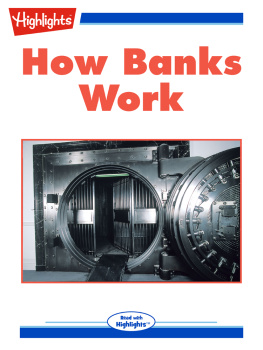
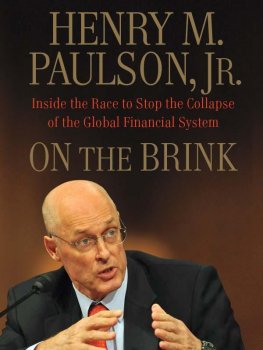
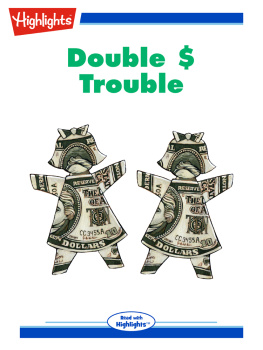
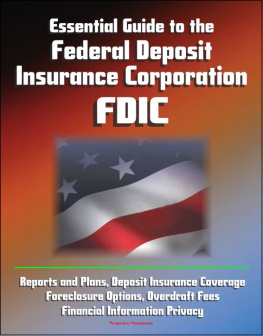
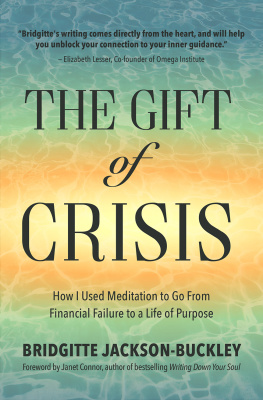
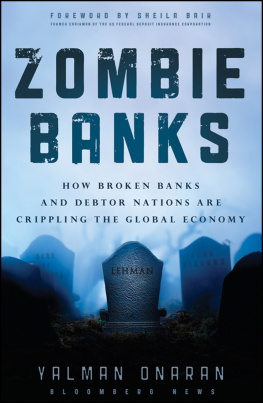
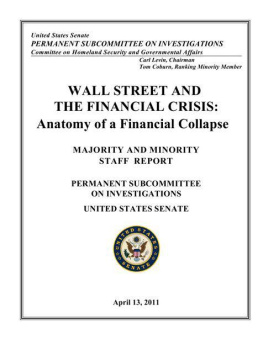


 is a trademark of Simon & Schuster, Inc.
is a trademark of Simon & Schuster, Inc.